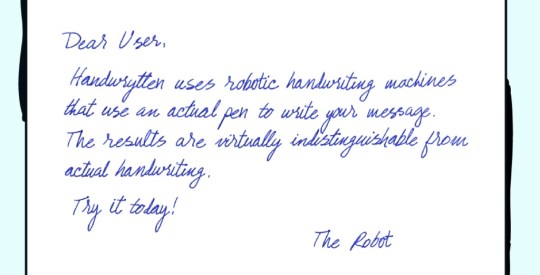It’s really easy to get caught up in the moment in the mortgage industry. During this particular moment, the prevailing thought is “throughput!” It’s no secret that much of our space is busy trying to push mortgage loans through the pipeline without losing them as their sales funnels overflow.
So who could possibly be thinking about compliance right now, except maybe, compliance officers?
This is not a suggestion where you drop what you’re doing, push your production team into training and staff up the compliance department. Who’s got time for that when the fish are jumping into the boat? But when you do get a little time to look ahead, it may be time to realize that, at some point, you’ll want to revisit your compliance program. Is it current? Is it continuous? Is it working? Is someone keeping an eye on it?
Enforcement agencies and regulators don’t take a break when the market is going well. They have jobs to do, too. Things like the Fair Housing Act and Dodd-Frank are still with us, no matter how aggressive or lax you believe the agencies responsible for enforcing them should be or are. You don’t have to look too far through the pages and articles of HousingWire to find a few examples of that. And being too busy on the sales and production side, unfortunately, is never an effective defense to most regulatory violations.
Let’s also consider that—without diving too deeply into the topic—it’s an election year. Regardless of which party or candidates find themselves in office this January, that means it’s possible we’ll see a change in policy or how aggressive enforcement gets. We’re also still in the throes of a pandemic, which leaves at least the possibility of some major economic consequences. With the default rate having been seemingly zero for years now, even a modest uptick of defaults or foreclosures would qualify as a “surge.” Foreclosure has long been a political football, and an invitation for legislators and regulators to “do something…anything” when the numbers do rise. In short, whatever you think of what’s happening in the world, it’s not only possible, but likely that the enforcement landscape will be getting at least a little more hostile in the coming year.
If you’re part of a business that has a robust compliance department that has the resources it needs and the right people in place, this article is probably not for you. But many of us don’t have huge compliance teams—maybe an officer or two or a consultant and a committee combined with some technology.
So, if you’re wearing a second hat in compliance (especially as an owner, CEO or COO), consider the following when you ask yourself if you’re up to speed should an auditor or regulator come knocking:
- Do you have a compliance policy in place to begin with? Do you mandate training (regular, continuous and updated) on the basics like Dodd-Frank, Fair Lending and the most aggressive state-level rules and regulations? Do you have qualified trainers who are constantly abreast of changes in the law? It doesn’t matter if it’s a third party or in-house personnel. It just matters that your team is given the tools it needs to stay compliant. Is your policy documented and available to pretty much anyone who asks for it—especially on your team?
- Do you have any way of monitoring your team at the points where violations most frequently happen? Again, this takes resources (people and technology). And having overlapping means of doing so, as is the case with any good system, is usually the best course. But if you don’t have some way of understanding what’s really happening between say, your loan officers and potential clients, your first notice of a violation may not come until you get a letter from your favorite state regulator.
- Is your system continuous as well as continuously updated? I’ve seen plenty of examples of firms that go on a compliance overhaul, then shortly thereafter abandon the policies and procedures you’ve put in place. Trying to become compliant in one concerted push for a limited time is a bit like trying to eat once and for all. It’s just not feasible.
Nobody enjoys putting resources and time into their compliance programs. It’s not a direct revenue center. It’s tedious. And, thanks to our unique system of regulating mortgage lending at the federal and state level, it’s ever-changing. But it’s also a necessary evil. And if you get so caught up in this historic surge of origination volume that “all hands on deck” leads to nobody minding the shop on the compliance side of operations, the price for non-compliance down the road could quickly wipe away the profits of today.



